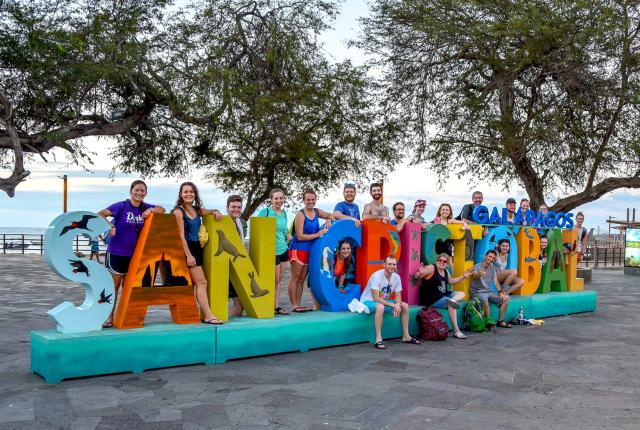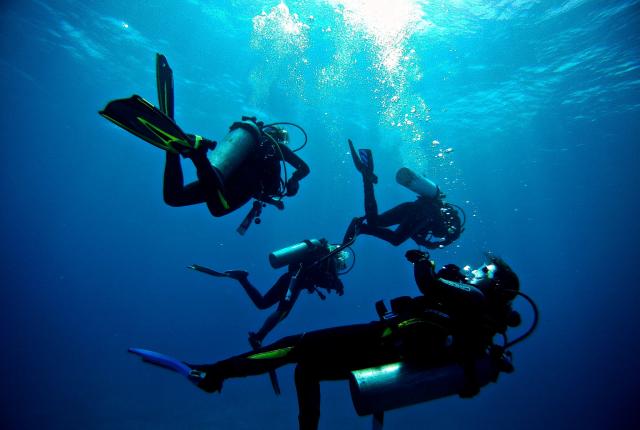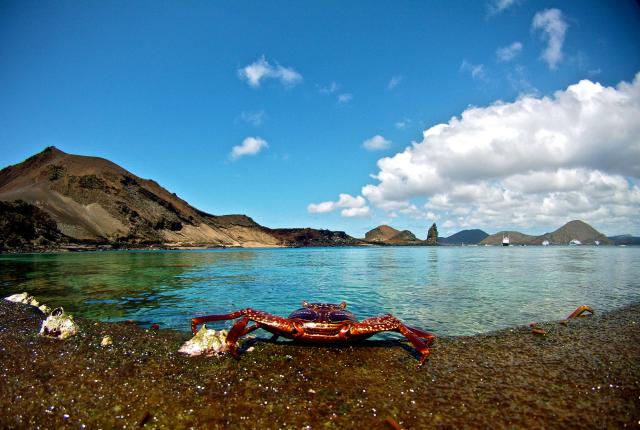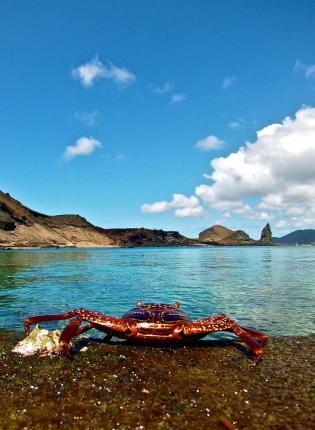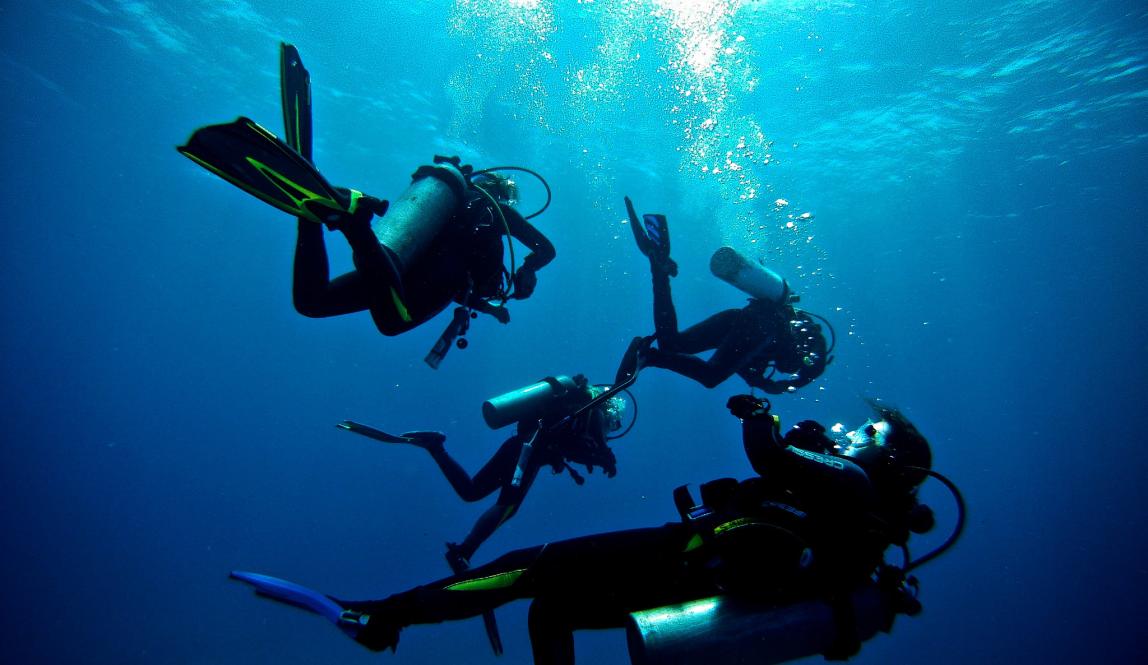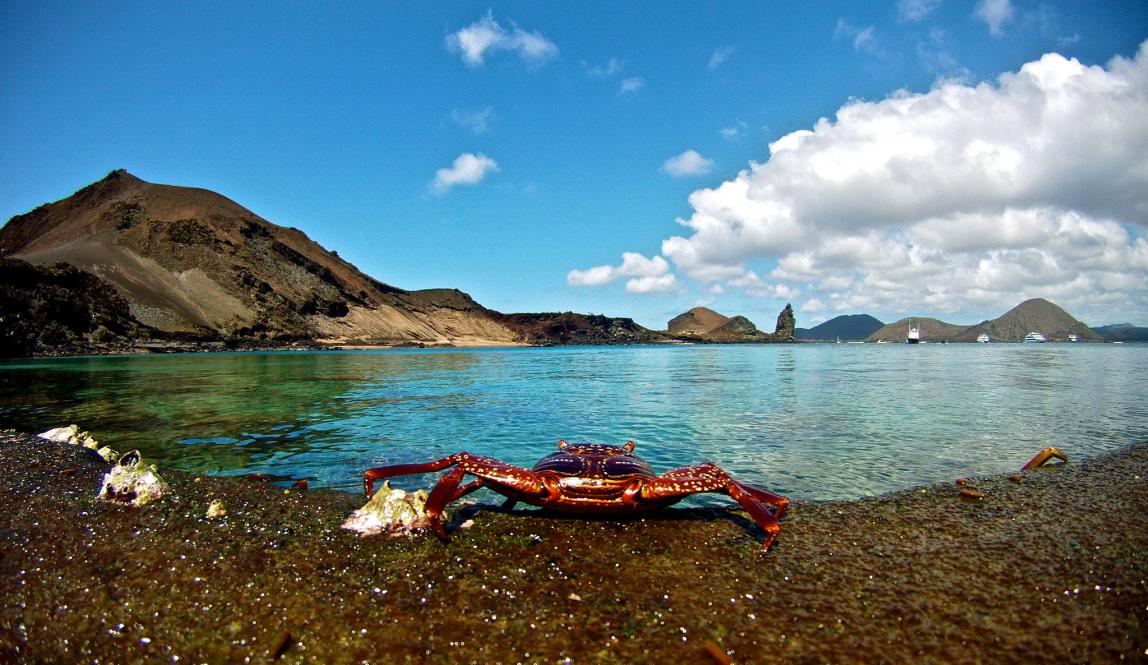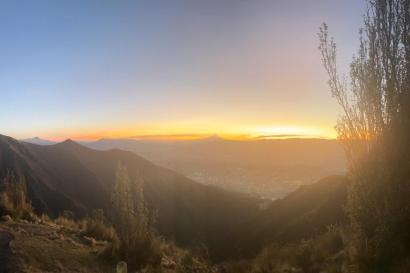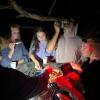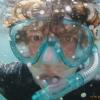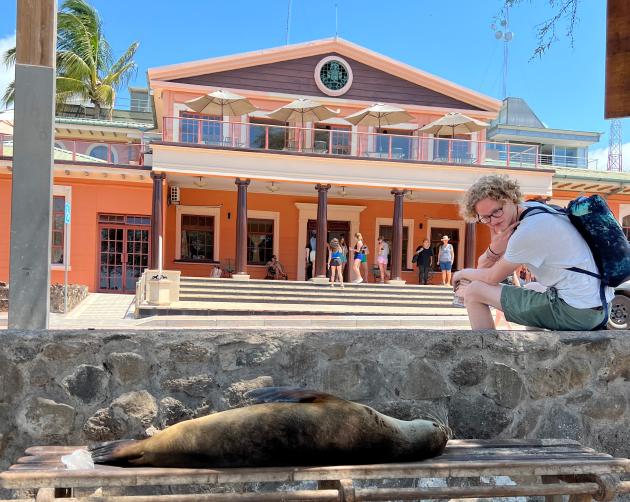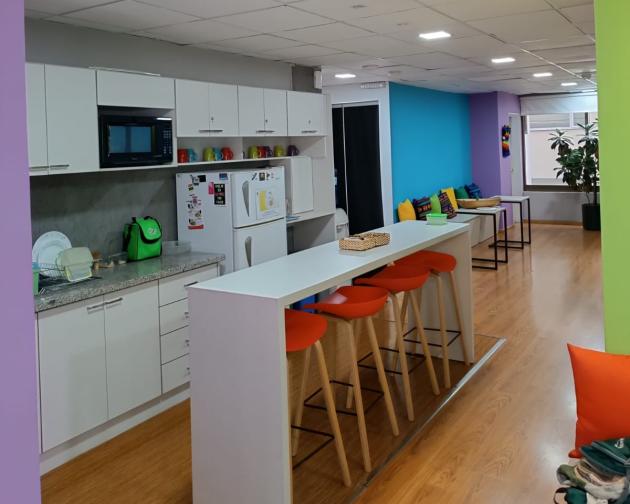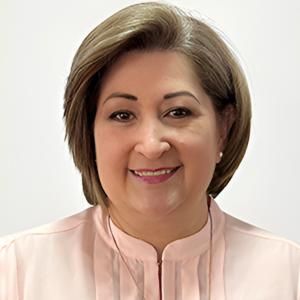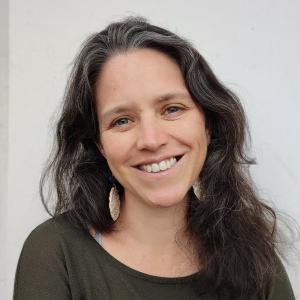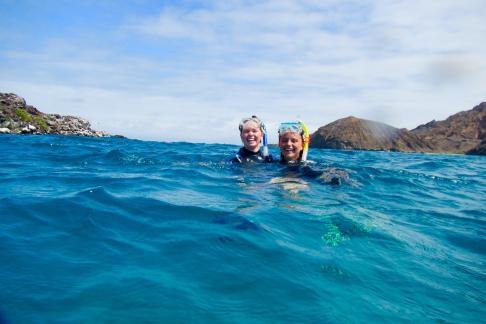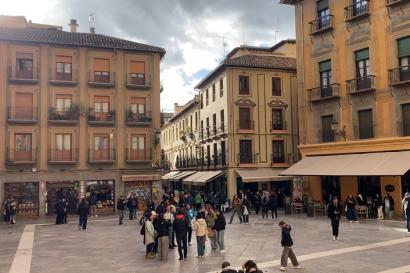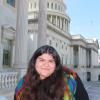You will take 16-19 credits per semester, and all courses are worth 3 credits. You are required to take a 1-credit Spanish language course at the beginning of the semester.
Courses are taught USFQ faculty in a series of five consecutive modules. The first two modules are taught at the USFQ Cumbayá campus near Quito. Remaining modules are taught at the GAIAS campus on the island of San Cristóbal.
The program offers the following tracks, each consisting of five courses, or modules. You must take all five courses in your selected track.
Note: Students will engage in mandatory, weekly volunteer projects with local organizations, as part of the National Park regulations and local initiatives (3 hours weekly).
Evolution, Ecology & Conservation
Examine first-hand how Ecuador’s diverse ecosystems have been shaped by evolutionary processes and the role that distinct societies have played in the protection or transformation of these environments. Course-related trips bring you to biodiverse jungles, picturesque coastal regions, and to one of the world’s tallest volcanoes. To enroll in this track, you should have a background in Biology or Ecology.
Marine Ecology*
Examine the importance of marine conservation and the social aspects of marine management by combining coursework and fieldwork on the Pacific Coast and in the Galápagos Islands. You visit mangroves, wetlands, intertidal ecosystems, open oceans, and coral reefs as you study animal habitats and communities. To enroll in this track, you should have a background in Marine Biology, Biology, or Ecology.
Sustainability and Resilience**
Embark on an exploration of sustainability and the science of resilience, delving into the evolution of business practices, strategies for water and climate resilience, unique challenges faced by island communities, the interconnected dynamics of climate, biodiversity, resources, and the intersection of human development and resilience. This track offers a comprehensive understanding of the complex relationships between businesses, ecosystems, and societies, providing valuable insights into sustainable practices in our ever-changing world. To enroll in this track, you should have a background in Biology or Ecology.
All area studies courses are taught in English. Further information about course content and availability is provided on the University’s website. Courses vary by semester, but here is an example of past course offerings:
Evolution, Ecology, and Conservation (3 credits each)
Marine Ecology (3 credits each)
Sustainability and Resilience (3 credits each)
- Module 1 - Evolution of Business Sustainability
- Module 2 - Water Resilience
- Module 3 - Island Sustainability
- Module 4 - Climate Nexus: Water-Energy-Food in the Galapagos
- Module 5 - Human Development and Resilience
Spanish Language Courses (1 credit)
Visit Website
*This track carries an extra fee. For exact pricing, please consult the Program Fees Sheet.
**The syllabi for this track will be available at a later date.
NOTE: This is a list of planned course offerings. After you are accepted, you will see a list of final course offerings in your MyIESabroad account. Additionally, IES Abroad reserves the right to cancel a course due to insufficient enrollment or circumstances beyond our control.
